Hey guys, Jon here again with Audio Plugin Deals. This article I’m gonna be covering something very close and dear to me…composing game soundtracks.
What experience do you have? Well, I’ve actually composed the entire soundtrack to three indie games since last October. Northbury Grove, King’s Comfort, and Cultists & Compounds. (Grove and Comfort are FREE, by the way.) In fact, I wrote 4 soundtracks, technically, bearing in mind if you load King’s Comfort from midnight to 1 AM, an entirely alternate version of the game is launched called “Midnight Mode” which has an entirely unique soundtrack from the other 23 hours of the day.

Click button below to subscribe to our Youtube channel!
So we’ve got a look at my credentials. Now what kind of wisdom can I impart? I’ll keep things pretty basic, so as to benefit both beginners with a sort of informational springboard, and as a refresher for veterans who might just need to go back to basics.
Note: There’s lots of interchangeable terms, so I’m just gonna touch on my own, personal vocabulary.
Terms
Score – A “score” is the original music composed and/or recorded for the media property.
Soundtrack – The definition of soundtrack is a bit lighter. Some times, it refers to songs that have been licensed. In other words, a song that was composed prior to the movie / game / TV show, that has been licensed for use in media. “Original Soundtrack,” or OST, however, can be used interchangeably with “score.”
Source Audio – Source audio, in my personal dictionary, is attributed to ‘sources’ within the game itself. Is there a TV? Unless it’s on mute it’s gonna have some audio…some source audio. Radio with a news break about a killer lurking in an asylum? Source audio.
2D Audio – 2D audio is 2 dimensional, in that it plays the music directly to your ears as it was composed.
3D Audio – 3D audio is 3 dimensional, in that it is attached to an object within the game, and has a range.
Chiptune – Music made in the style of early gaming, that was composed / programmed into chips built within the game system itself. These limitations, arguably, inspired some amazing composition. For music with such simplistic output to have longevity and poignancy is a feat!
Atmosphere is King
You’ll find that when writing a game soundtrack, atmosphere is king. Because of this, you must always pay attention to everything going on.
What is the setting? What sorts of instruments best represent the local culture, the local vibe? You wouldn’t hear waltz music in a nightclub, you’d hear electronic music. Accordingly, you should strive to achieve a sense of place when you are composing.
What is the character you are controlling feeling? What is the mood of the story? You must figure out where along the heroes journey the character is, and depict the mood as best you can. Because the music is directly linked to a narrative, you could also connect certain instruments to certain characters, or themes. Perhaps the rival of the main character has bassoons and violin staccatos to give a pompous vibe. Maybe a monster has deep, growling basslines and braams.
Conclusion
There’s a lot to go into when thinking about composing for game soundtracks. I could write dozens of articles on this subject. Case in point….should I? Because if there is enough feedback, we certainly can continue this into a full-fledged series.

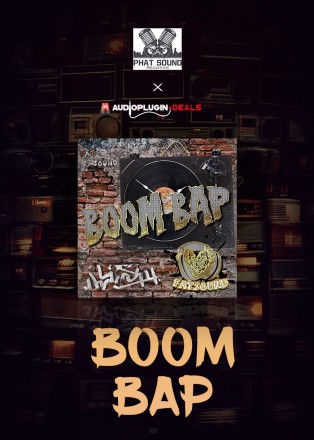
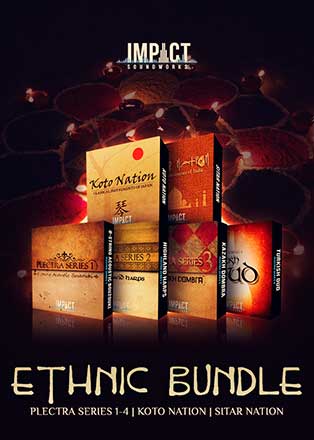
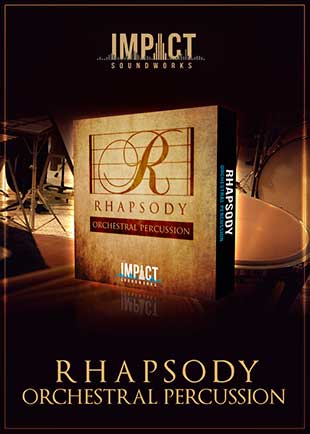
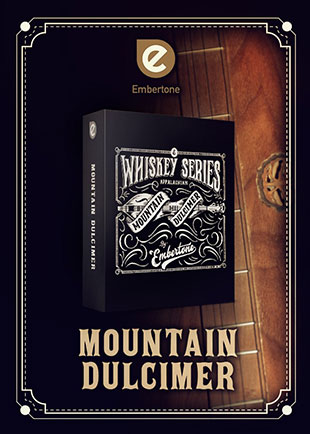
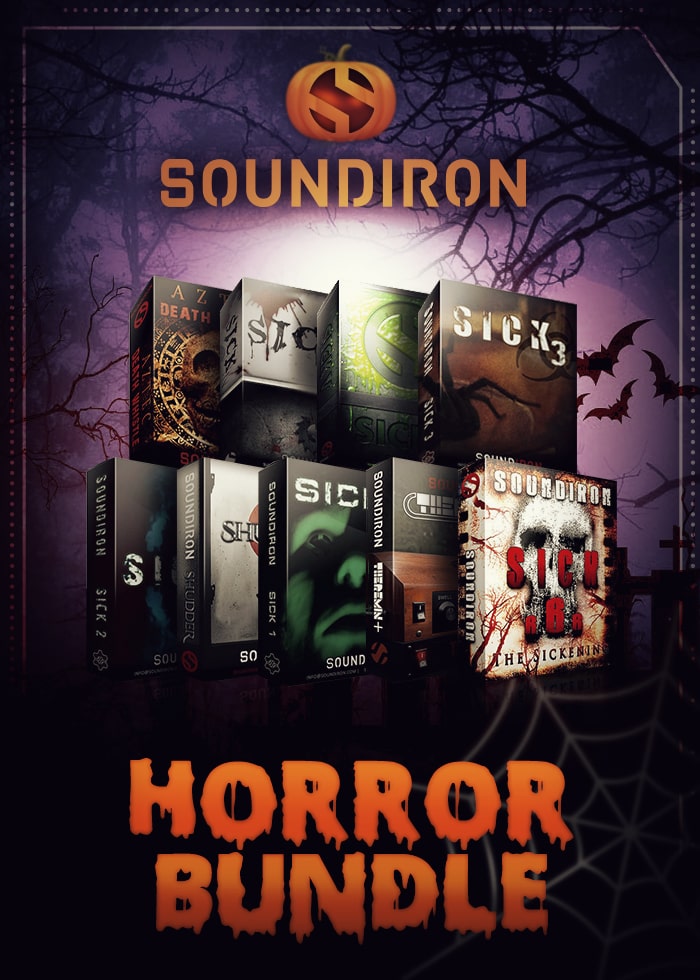
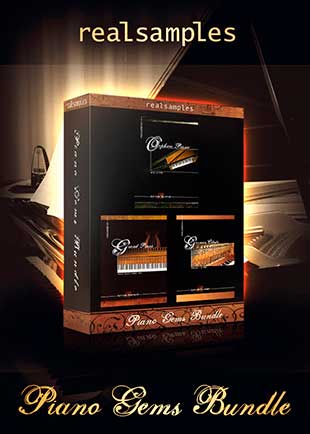
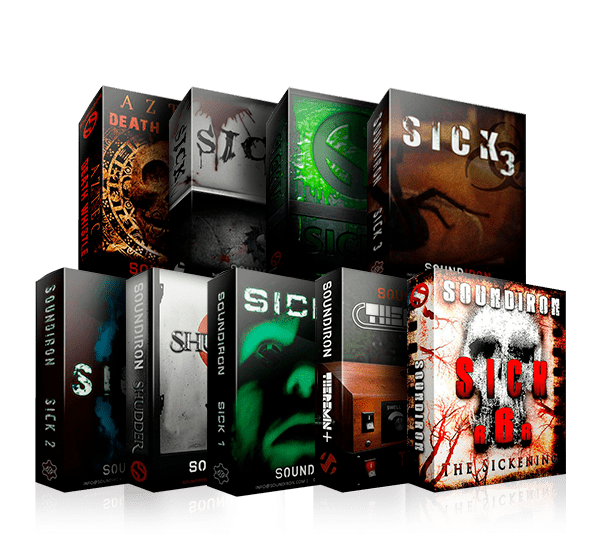
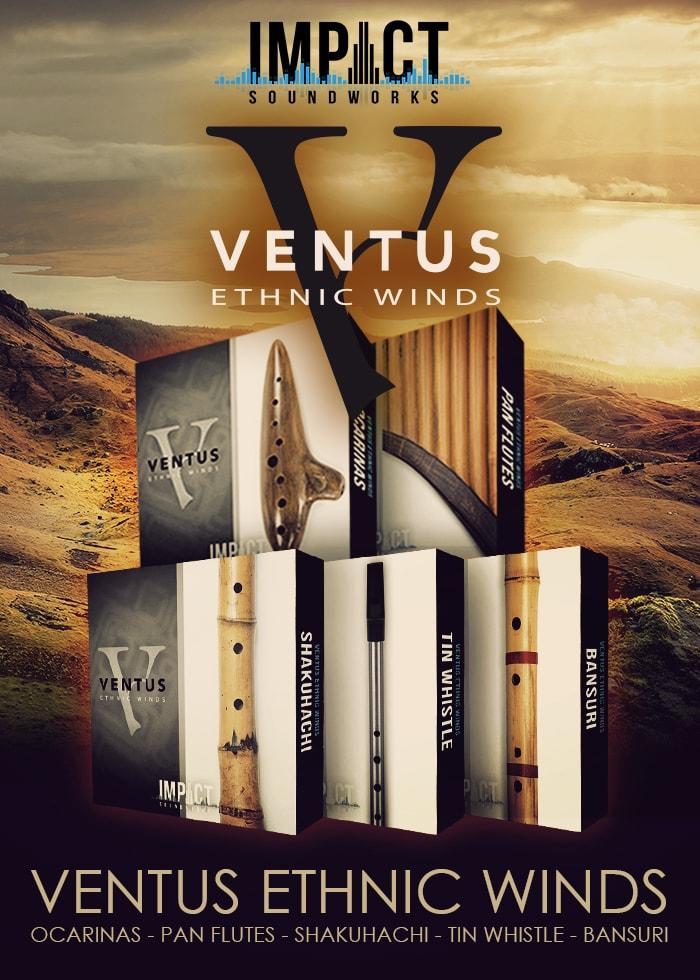


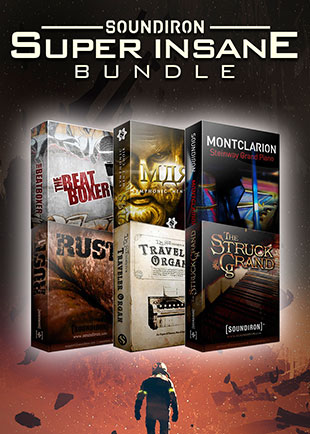
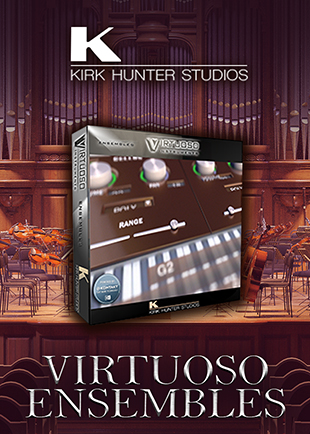
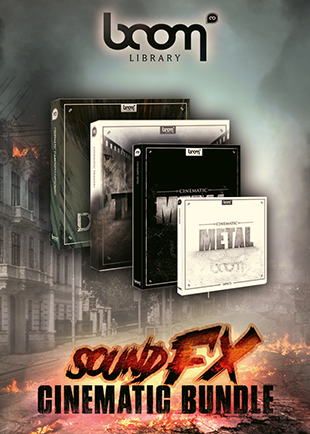
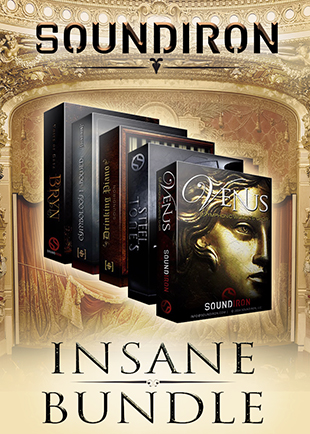
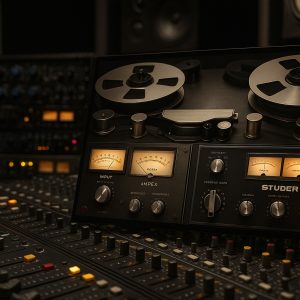
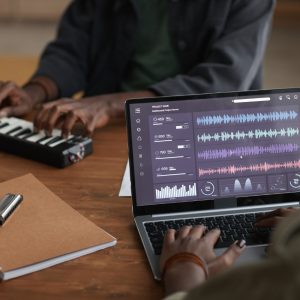
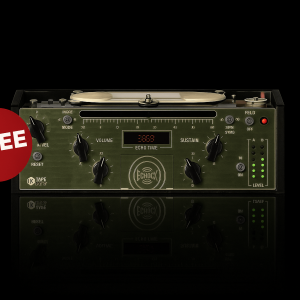





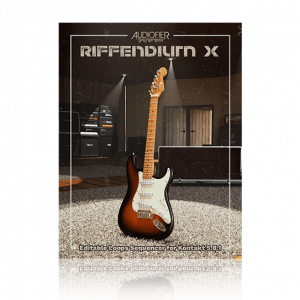
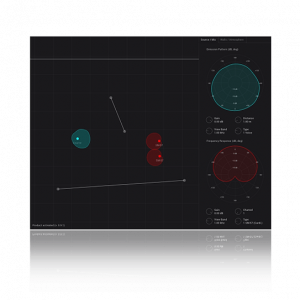
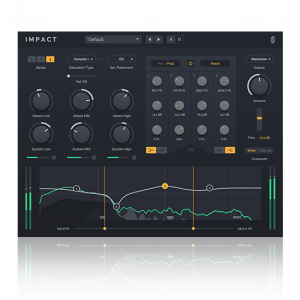
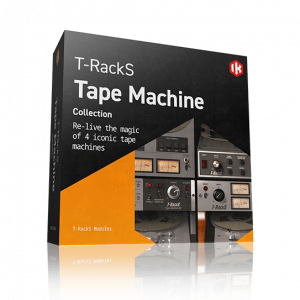
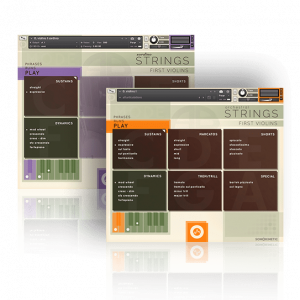
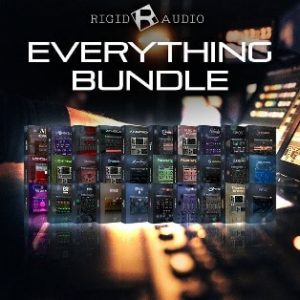
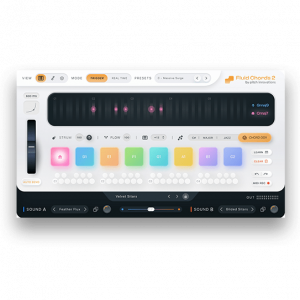
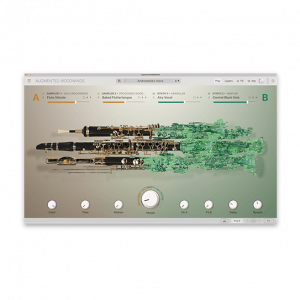
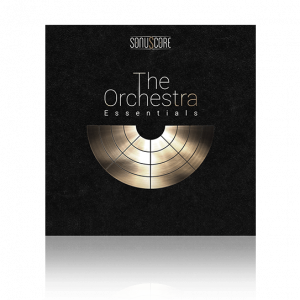
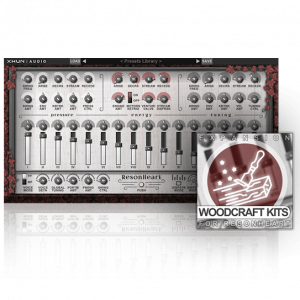
4 Responses
Isn’t the main thing with game music creation is, you must be young and white pretty much? Really no room the us dark people. Because I’ll take any of you on creatively. This response will be very interesting.
Always have to make it about race don’t ya.
You’re right that minority representation just isn’t there for video game soundtracks. But rather than just lament that fact or angrily challenge others, this would be a great opportunity to be one of the first people of color to change that statistic!
There are thousands of indie games being made…go collaborate with a person or a dev team and start to make the difference! Make a soundtrack to an imaginary game and upload it to YouTube with some art, tell a story with your music.
Thank you for sharing your thoughts on this, Leon. I think it’s a well known problem in both film and video game composition that they are predominantly fields for white men. I do feel there are more and more opportunities for both people of color and women as well, and take note that while most of the more “well known” composers are white men, none of us here at APD are at that level. The games we have individually scored as composers are, with a few exceptions, very small, independent games (sometimes consisting of just one person developing the whole project). In this market, besides having personal friendships or connections, the best music combined with the best rate wins the gig, every time. I know countless composers who have success in both indie games and all aspects of media composing who are neither white nor men. It all stems down to getting involved and networking, and really putting your music out there so it is easily accessible to potential clients. This is a topic we discuss often on various composer groups online, I’d be more than happy to hear your thoughts in a more open-forum about how we can continue this progressive trend and continue to get more minorities hired in the field.
-Brian, (APD)
Comments are closed.